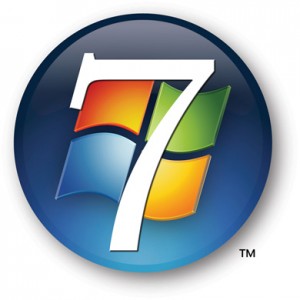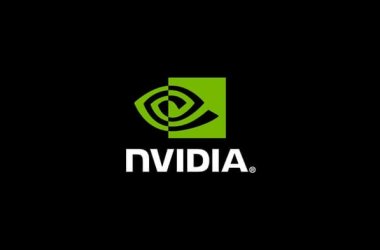 Microsoft has quietly extended support for the consumer versions of Windows 7 and Windows Vista by five years, syncing them with the lifespan of enterprise editions.
Microsoft has quietly extended support for the consumer versions of Windows 7 and Windows Vista by five years, syncing them with the lifespan of enterprise editions.
The move is part of a revamp of the company’s support policies for its operating systems, Microsoft said.
Previously, Microsoft had committed to support consumer software with security updates, and bug and stability fixes, for five years, a period designated as “mainstream” support. Meanwhile, business software was supported for at least 10 years: The first half in mainstream support, the second in “extended” support.
During extended support, Microsoft provides security patches to everyone, but offers other fixes only to organisations that have signed support contracts with Microsoft.
Until the change, Vista’s consumer editions — Home Basic, Home Premium, Starter and Ultimate — were to be retired from support in less than two months, on April 10, 2012. The new policy extends that date to April 11, 2017 .
Windows 7’s consumer editions were due to drop off the support list on Jan. 13, 2015, a deadline that has now been moved to Jan. 14, 2020 .
As ZDNet blogger Ed Bott first reported Monday, Microsoft has changed the Vista and Window 7 support timelines by adding the extended phrase to the consumer SKUs. Microsoft confirmed the changes.
“Microsoft is updating the Support Lifecycle Policy to ensure that all consumer editions of our desktop operating systems are eligible to receive five years of Mainstream Support and five years of Extended Support,” a company spokeswoman said Monday. “This update formalises that all editions of our operating systems will receive security updates as long as they are using the most current [service pack].”
Windows 8’s consumer editions — Microsoft has yet to announce the various versions it will sell for desktop and notebook computers — will thus be supported for at least 10 years after their release. If Windows 8 ships in the fourth quarter of this year, it will likely not be retired from all support until early 2023.
Microsoft’s extension for Vista and Windows 7 isn’t the first time the company has added years to an operating system: In 2007, the company pushed out the end of mainstream support for Windows XP Home to 2009 and its retirement date to April 2014, synchronising the consumer edition’s timetable with Windows XP Professional’s.
Windows XP received reprieves of a different sort over the years, notably in 2008 when Microsoft allowed computer makers to equip netbooks with the OS until mid-2010, a move that ended Linux’s chances in that market.





